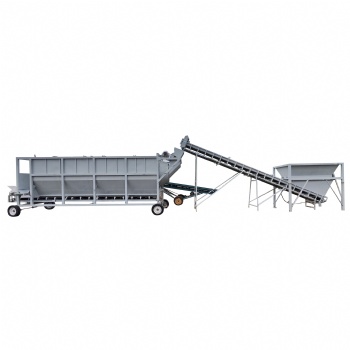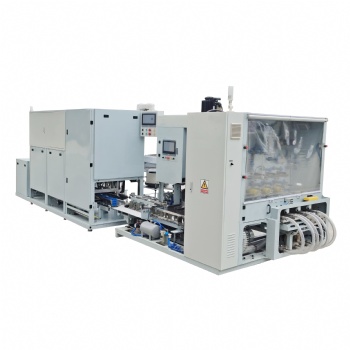News
Three-Stage Fermentation Process of Agaricus bisporus

The three-stage fermentation process of Agaricus bisporus covers raw material selection, raw material pretreatment, ingredient preparation, primary fermentation & transfer, secondary fermentation, sowing, and tertiary fermentation & discharge. Below is a detailed summary of the raw material selection phase:
I. General Principles for Raw Material Selection
Proximity, Accessibility, and Affordability:
Agaricus bisporus cultivation relies on agricultural waste resources. As an agricultural product (classified as a vegetable) targeting ordinary consumers, it requires good quality and low price for marketability and long-term viability.
Raw materials account for a large portion of production costs. Thus, factories should be built near raw material sources to ensure sufficient supply, easy access, and low cost.
II. Specific Raw Materials for Agaricus bisporus & Their Quality Requirements
1. Straw
Types: Bulk crop wastes like wheat straw, rice straw, and corn straw.
Functions: Provides carbon source for fungal growth; maintains the stacking structure during fermentation.
Quality Requirements (Wheat Straw as Representative):
Bright color, low soil ash content.
Length ≥ 20 cm (longer is better).
Moisture content < 10% (facilitates long-term storage).2. Livestock and Poultry Manure
Types: High-nitrogen wastes such as chicken manure and cow manure.
Functions: Provides nitrogen source for fungal growth; supplies sufficient protein nutrients for pile and mycelium development.
Quality Requirements (Chicken Manure as Representative):
Dark yellow color, fresh, no long-term fermentation.
Moisture content < 55% (loose sand-like texture, enabling uniform mixing with gypsum and better ingredient uniformity).
Ash content < 20% (lower is better, as ash has no benefit for cultivation).
Nitrogen content > 4% (higher is better, as it indicates more organic nitrogen and nutrients); broiler manure is preferred.
3. Gypsum
Type: Calcium sulfate dihydrate.
Functions: Provides inorganic salts; improves pile air permeability; reduces pile viscosity; stabilizes pile pH during fermentation.
Quality Requirements:
Natural gypsum ore is preferred (small usage but critical role).
Industrial by-product gypsum is not recommended: although it has high calcium sulfate content, it may contain toxic substances that inhibit fermentation microorganisms and disrupt the fermentation process.
Categories
Contact Us
- +86 15093267083
- +86 15093267083
- amy@zzbelead.com
- +8615093267083




